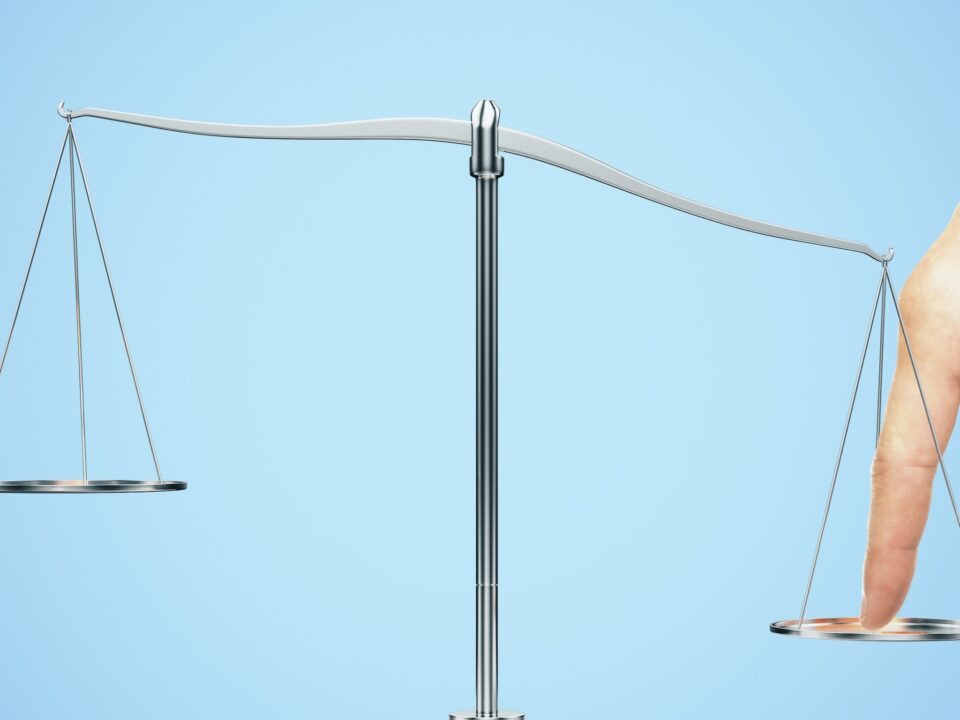Examples of Hold-out Strategies
There is a growing practice among certain implementers to adopt ‘hold-out’ strategies, also known as ‘efficient infringement’, whereby they use standardised technologies for as long as possible without a licence. This threatens open standards and undermines European leadership in 5G and 6G.
In a normal licensing negotiation, the parties engage constructively and at a regular cadence. They respond to offers presented by the other party in a timely manner, tabling well-reasoned arguments and balanced counter-offers, and negotiating based on realistic figures. In cases of hold-out, in contrast, ‘negotiations’ are not carried out in good faith by the implementer. Through use of various delay tactics, they can be made to last for many years. We regularly observe implementers continuing to obfuscate or otherwise delay agreement, all the while integrating the standardised technology in their connected products without a licence. Ultimately, the purpose of hold-out strategies is to cut costs.
Below we present several hold-out strategies commonly used by implementers. IP Europe members are, unfortunately, very familiar with the below types of hold-out strategies. These strategies undermine our ability to continue to invest millions of euros annually in R&D, and they set back the evolution of mobile technology and the IoT more generally.
Our non-exhaustive list of hold-out strategies:
- Strategy 1: Ignore notifications and other communications for months or years.
- Strategy 2: Express a willingness to take a FRAND licence – but only for each individual patent for which infringement, essentiality, and validity is confirmed by the courts.
- Strategy 3: Insist on obtaining unreasonable amounts of information (e.g. a claim chart for every SEP in a portfolio) without appropriate confidentiality arrangements in place, and/or refuse or delay signing an NDA agreement as a hold-out tactic.
- Strategy 4: Claim to lack information or to not understand the licence offer, or repeatedly ask for information that the SEP holder has already provided.
- Strategy 5: Buy time by professing willingness to engage in constructive licensing negotiations – even as behaviour suggests otherwise.
- Strategy 6: Table counter-offers that are obviously unreasonable and unacceptable for the rights holder (e.g. a licensing rate of just 0.001 per cent per patent family), or table a counter-offer only once litigation has been initiated.
- Strategy 7: Refuse to enter into a global licence agreement despite having a global business for products that use standards.
- Strategy 8: Direct the SEP owner to suppliers, or to a subsidiary or holding company, for licences.
- Strategy 9: Insist repeatedly that the licence offer is not FRAND without providing substantive arguments to demonstrate why.
- Strategy 10: Refuse to accept licence terms that have been confirmed by an EU court to be FRAND.
- Strategy 11: Pursue coordinated hold-out strategies through industry groups.
The hold-out phenomenon has been well evidenced by European courts. In a separate document available on the IP Europe website, we cite cases in which European courts have documented the use of each of the above hold-out strategies and provide examples from these cases. Our hope is that the Commission to build on this evidence base, by monitoring and documenting instances of hold-out, in line with the 2017 European Parliament resolution on this topic.



